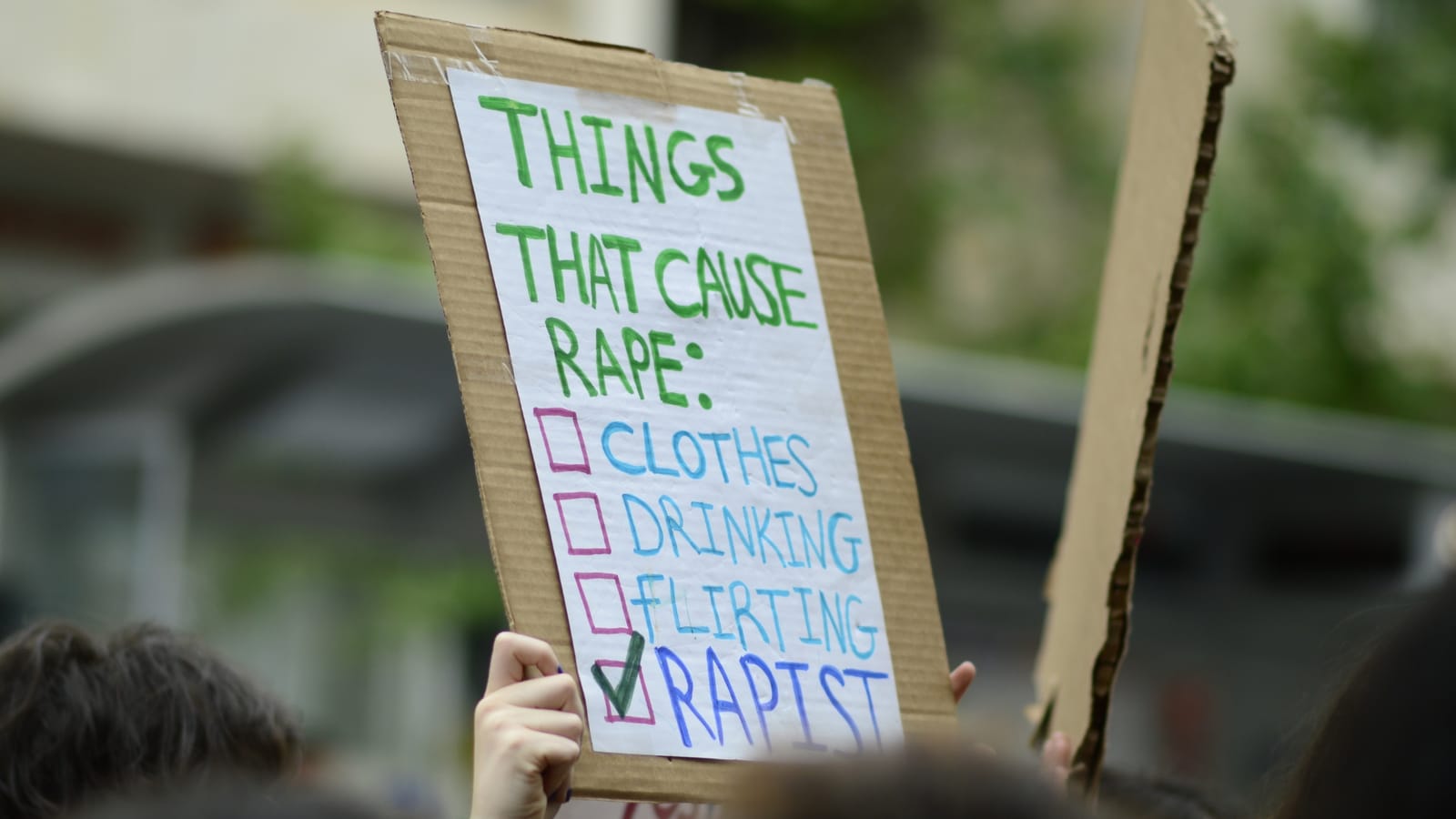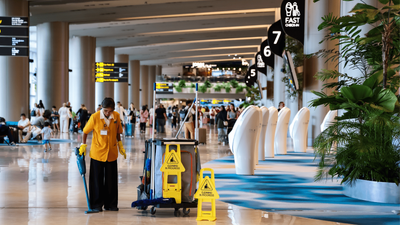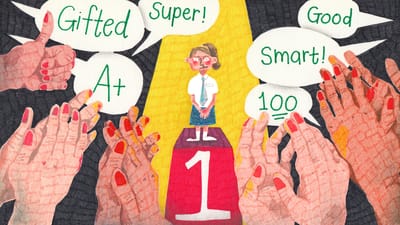Over the past week, a LinkedIn post by lawyer Chia Boon Teck—commenting on a sexual assault case—has become a flashpoint for public reaction. In his post, Chia highlighted the complainant’s use of a dating app, her job and her choices on the night of the incident. The fact that someone who had risen to a leadership position in his profession felt it acceptable to post such views so publicly was extraordinary. So was the overwhelming response it provoked.
This has become an unprecedented case study in public attitudes towards sexual violence. Some readers agreed with his framing, interpreting the survivor’s choices—her profession, her use of a dating app, and her decision to enter a man’s bedroom to continue their work—as evidence of consent. This, despite the fact that she had said, “No” to him, and spent 13 days giving testimony under cross-examination in Court, which was found by the court to be “unusually convincing.”
Sign up for Jom’s weekly newsletter
Our newsletters combine weekly updates about Singapore with a “build-in-public” narrative, in which we tell readers about our start-up journey.
No spam. Unsubscribe anytime.
Others responded with indignation and strong disapproval, recognising the ways these narratives mirror long-standing rape myths.
For many survivors, the Chia post may have been re-traumatising, triggering the fears they often grapple with when deciding whether to report: that the process will prolong their pain, delay closure, and that even if the courts find them credible, they may still face judgment in the court of public opinion.
Reporting sexual assault takes immense courage. It is often driven by a desire for justice—and the hope that speaking up might protect someone else. Survivors deserve support, not scrutiny.
This polarisation of values has been building for some time—an early milestone was #MeToo, which empowered more survivors to speak up, knowing that there were other survivors who were willing to speak up. The internet has made it possible for survivors to more easily find solidarity, and has empowered them with the appropriate language to call out injustice.
But it has also given rise to spaces where misogyny thrives, sometimes repackaged as pragmatism or masculine wisdom, and even legal insight. Rape myths, victim blaming, and doubt toward women’s credibility are now dressed in new language, but the core ideas remain chillingly familiar.
Chia’s post captured this perfectly. It expressed deep scepticism—grounded not in the relevant facts of the case, but in the complainant’s dating choices and her job. These were not legal arguments. They were cultural ones. And by framing them as legal insight, the Chia post reinforced a dangerous message: that women who do not conform to traditional ideals of femininity are less believable. That if you go to a man’s house, you are responsible for what happens next. These ideas aren’t just wrong—they are harmful.
What followed matters. This is how norms shift, not always through policies or penalties, but through collective discomfort. The strong public response—lawyer Stefanie Thio’s critique, AWARE’s statement, and countless comments online—was a moment of collective reflection. It showed that we are capable of recognising when something is wrong and responding—publicly, constructively, and with clarity. The result: Chia took the post down and resigned from his position as vice president of the Law Society.
Importantly, many men, including K Shanmugam, the minister for law and home affairs, spoke out against the post. Their intervention showed that rejecting misogyny isn’t a “women’s issue”—it’s a professional, ethical, and human one.
And yet, the work ahead is uphill. This is not an isolated incident. It is part of a broader global pattern, in which misogynistic worldviews are being mainstreamed through digital spaces. The rise of influencers like Andrew Tate, the growing reach of the manosphere, and the increasing pushback against women’s progress all point to a cultural shift that we can no longer ignore.
Many men today are grappling with rapid economic change, job insecurity, and a sense of lost identity in a world that no longer guarantees them the same pathways to status or stability. In that vacuum, some turn to influencers who offer a clear—if distorted—narrative: that feminism and women are to blame, and that reclaiming power means rejecting equality.
But this changing world doesn’t strip men of responsibility. Understanding the challenges men are facing now does not mean excusing the harm. Each man still makes a choice: to lean into empathy, or to retreat into resentment. Misogyny is not inevitable. It is a choice.
The Netflix series “Adolescence”, which explores the toxic impact of social media and misogynistic influencers on teenage boys, was recently referenced by Keir Starmer, British prime minister, in Parliament as part of a broader call to address online misogyny.
In Australia, education authorities are developing training to support teachers, especially female teachers, dealing with harassment from students repeating “manosphere” rhetoric. In Singapore, AWARE has received anecdotal accounts of young boys being influenced by Tate and engaging in collective bullying of young female teachers.
We hope that this important cultural moment carries the following messages to different readers.
To survivors: we know this moment was painful. To see your credibility questioned publicly again—based not on evidence, but on assumptions about behaviour—can reopen wounds. But the fact that so many pushed back, and so vocally, is a reminder that you are not alone.
To bystanders: your role matters. About 20 percent of calls to AWARE’s Sexual Assault Care Centre come from friends or people supporting survivors. This moment showed that speaking up makes a difference—not just for the individual case, but for broader norms.
To men: if you’ve felt uneasy reading comments like Chia’s, or seen them echoed in your circles, that discomfort is telling. If you recognise the harm, do something. You don’t always need to speak up loudly. Even small actions—refusing to laugh, not nodding along, walking away—send a signal.
To parents, not just of boys, but of all children: this is the time to pay attention. Ask what your kids are watching, who they follow online, what messages they’re absorbing about gender, power, and respect. These aren’t small questions. They shape worldviews.
If there’s anything to take away from this moment, it’s that we are not where we were 10 years ago. The old rules didn’t hold. People responded—and that matters. Misogyny thrives in silence. So let’s keep speaking.
Corinna Lim is the first executive director of AWARE, the Association of Women for Action and Research. Prior to joining AWARE as executive director, Corinna practised law for more than 10 years. She was also a co-founder and CEO of a technology business that services the legal industry.
Letters in response to this piece can be sent to sudhir@jom.media. All will be considered for publication on our “Letters to the editor” page.
If you enjoy Jom’s work, do get a paid subscription today to support independent journalism in Singapore.







